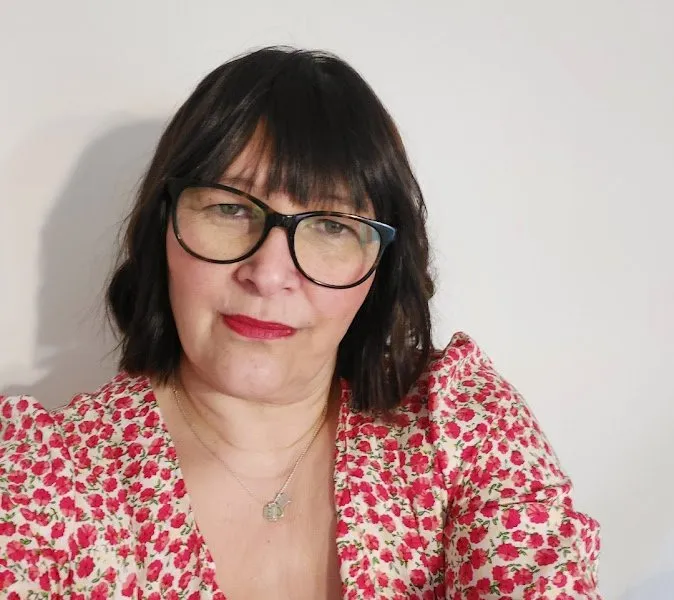Cancer
How a Therapist Can Support Your Cancer Treatment Journey

Facing a cancer diagnosis is a journey that can be emotionally overwhelming and physically exhausting.
Amidst the whirlwind of medical appointments, treatments, and lifestyle adjustments, it’s easy to neglect the emotional and psychological aspects of coping with cancer.
This is where a cancer counsellor steps in, offering support throughout your treatment journey.

As a specialist cancer counsellor, I’ve had the privilege of witnessing firsthand the transformative impact therapy can have on individuals navigating cancer treatment.
Here are some key ways in which a counsellor can support you through this challenging time:
Emotional Support
A cancer diagnosis can produce a wide range of emotions, including, but not limited to fear, anxiety, sadness, anger, and uncertainty.
These emotions are completely normal.
Yet they can feel overwhelming.
A counsellor will provide a safe and confidential space for you to express and process your feelings without judgement.
Through compassionate listening and empathetic, person-centred support, they help you navigate the emotional rollercoaster of cancer with greater resilience and self-awareness.
Coping Strategies
Coping with cancer involves more than just physical resilience; it requires effective coping strategies to manage stress and maintain emotional well-being.
A counsellor can teach you practical coping techniques such as mindfulness, relaxation exercises, and person-centred strategies to reduce anxiety, alleviate depression, and enhance your overall quality of life during treatment.
Communication Skills
Effective communication with loved ones, healthcare providers, and support networks is crucial when facing cancer.
However, it’s not always easy to express your needs, fears, and concerns to others.
A counsellor can help you develop communication skills, navigate difficult conversations, and establish boundaries to ensure that your emotional needs are met and your voice is heard throughout your treatment journey.
Support for Caregivers
Cancer not only affects the individual diagnosed but also their loved ones whose role is likely to transition to caregivers.
Watching a loved one battle cancer can be emotionally taxing and overwhelming.
A counsellor offers support and guidance to caregivers, helping them navigate their own emotions, cope with caregiver burnout, and find healthy ways to support their loved one while also prioritising their own self-care.



